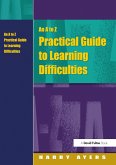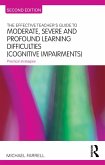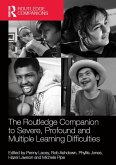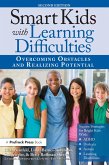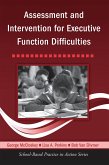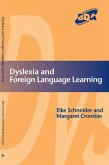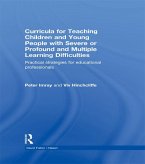How do you teach history to a child who can't remember what she had for dinner? What difference will it make to a child's counting skills if you place the objects in a line, rather than dropped randomly on the table? Will breaking down a task into smaller steps help a young person learn how to dress himself?
Children with learning disabilities do not follow set patterns of learning, and yet often they are expected to learn in the same way as their non-disabled peers. Christine Turner draws on 25 years' experience gained from teaching children with severe, profound and multiple disabilities to provide an introduction to learning disabilities and the effect they have on the individual and the family. She proposes holistic strategies to ensure that every child makes progress, regardless of the extent of their disability. All aspects of learning, from the simplest forms of non-verbal communication to the way ICT can motivate and inspire are explored in this practical and informal guide for anyone wanting to support a child with learning difficulties.
Children with learning disabilities do not follow set patterns of learning, and yet often they are expected to learn in the same way as their non-disabled peers. Christine Turner draws on 25 years' experience gained from teaching children with severe, profound and multiple disabilities to provide an introduction to learning disabilities and the effect they have on the individual and the family. She proposes holistic strategies to ensure that every child makes progress, regardless of the extent of their disability. All aspects of learning, from the simplest forms of non-verbal communication to the way ICT can motivate and inspire are explored in this practical and informal guide for anyone wanting to support a child with learning difficulties.



